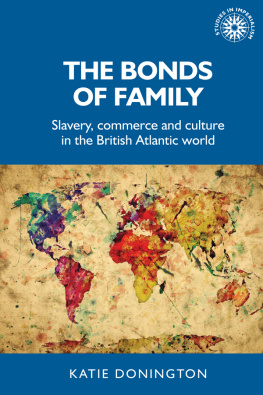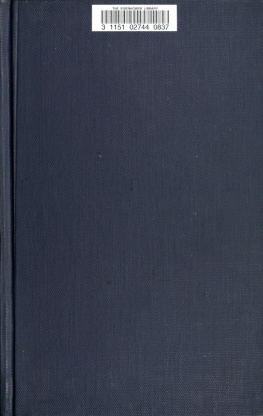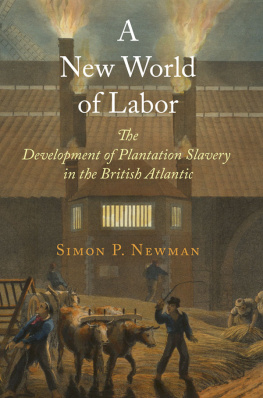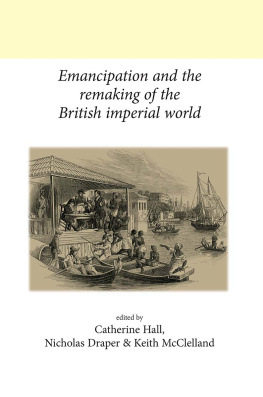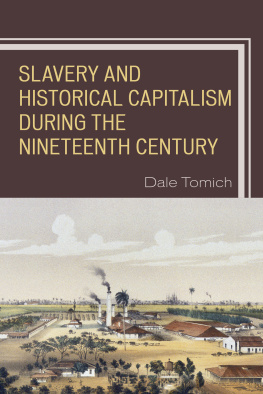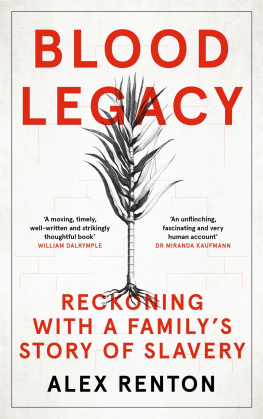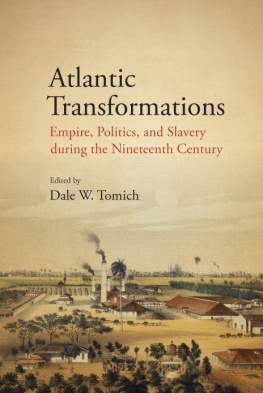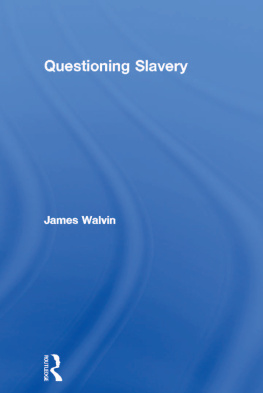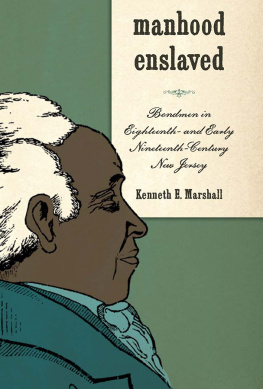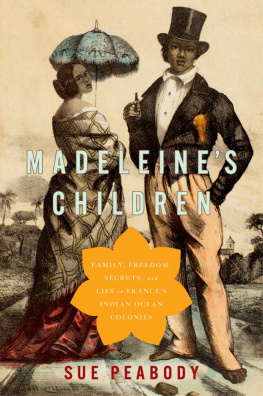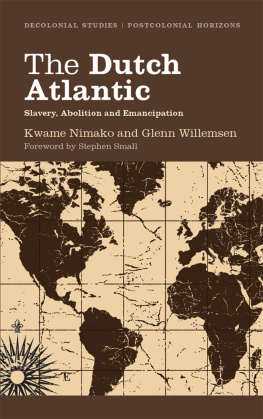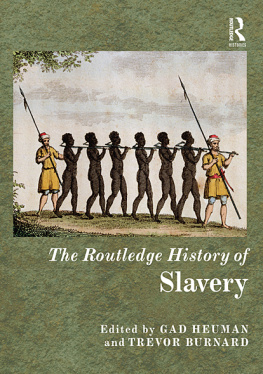General editors: Andrew S. Thompson and Alan Lester
Founding editor: John M. MacKenzie
When the Studies in Imperialism series was founded by Professor John M. MacKenzie more than thirty years ago, emphasis was laid upon the conviction that imperialism as a cultural phenomenon had as significant an effect on the dominant as on the subordinate societies. With well over a hundred titles now published, this remains the prime concern of the series. Cross-disciplinary work has indeed appeared covering the full spectrum of cultural phenomena, as well as examining aspects of gender and sex, frontiers and law, science and the environment, language and literature, migration and patriotic societies, and much else. Moreover, the series has always wished to present comparative work on European and American imperialism, and particularly welcomes the submission of books in these areas. The fascination with imperialism, in all its aspects, shows no sign of abating, and this series will continue to lead the way in encouraging the widest possible range of studies in the field. Studies in Imperialism is fully organic in its development, always seeking to be at the cutting edge, responding to the latest interests of scholars and the needs of this ever-expanding area of scholarship.
The bonds of family
SELECTED TITLES AVAILABLE IN THE SERIES
WRITING IMPERIAL HISTORIES
ed. Andrew S. Thompson
GENDERED TRANSACTIONS
Indrani Sen
EXHIBITING THE EMPIRE
ed. John M. MacKenzie and John McAleer
BANISHED POTENTATES
Robert Aldrich
MISTRESS OF EVERYTHING
ed. Sarah Carter and Maria Nugent
BRITAIN AND THE FORMATION OF THE GULF STATES
Shohei Sato
CULTURES OF DECOLONISATION
ed. Ruth Craggs and Claire Wintle
HONG KONG AND BRITISH CULTURE, 194597
Mark Hampton
Copyright Katie Donington 2020
The right of Katie Donington to be identified as the author of this work has been asserted by her in accordance with the Copyright, Designs and Patents Act 1988.
Published by Manchester University Press
Altrincham Street, Manchester M1 7JA
www.manchesteruniversitypress.co.uk
British Library Cataloguing-in-Publication Data
A catalogue record for this book is available from the British Library
ISBN 978 1 5261 2948 2 hardback
ISBN 978 1 5261 2949 9 institutional eBook
ISBN 978 1 5261 2950 5 retail eBook
First published 2020
The publisher has no responsibility for the persistence or accuracy of URLs for any external or third-party internet websites referred to in this book, and does not guarantee that any content on such websites is, or will remain, accurate or appropriate.
Cover image: Vintage World Map, 2015 Michal Bednarek, bednarek-art.com.
Cover design: riverdesignbooks.com
Typeset by Newgen Publishing UK
To my grandmother Joyce Maxwell
The family trees constructed are not exhaustive. Instead they highlight the key relationships relevant to each chapter they precede.
I first encountered George Hibbert at the Museum of London, Docklands in 2009 when I was putting together a proposal for a PhD studentship. His portrait sits at the centre of the London, Sugar, Slavery exhibition. As a Londoner the exhibition posed a challenge to what I knew about the local history of the city. It invited me to reimagine familiar spaces and rethink how the local and the global interconnected to create a tangled set of legacies that continue to inform the present. In some very real ways it brought the issue of slavery home and has formed the basis of what has now become a decade-long engagement with the Hibberts and the complicated histories that their family story intersects with. I was incredibly fortunate to work with the ESRC-funded Legacies of British slave-ownership project at University College London for my PhD thesis. The support and generosity of Catherine Hall, Nick Draper, Keith McClelland and Rachel Lang have made this project possible. Their commitment to the work and to making sure that it finds a voice outside of academia continues to inform my own practice. In particular I would like to thank Catherine: as my mentor and supervisor her belief and encouragement have sustained me over the years and her work is threaded through this book. My research was developed further during my time as a post-doctoral researcher with phase two of the project the ESRC/AHRC-funded Structure and significance of British Caribbean slave-ownership 17631833. This time allowed me to better understand and integrate the family story in Jamaica. My thinking has been sharpened and expanded by working with Kristy Warren. Her friendship and critical thinking have been invaluable. My thanks also to Chris Jeppesen, Hannah Young and James Dawkins for sharing their scholarship on gender and family history.
The research for this book has been aided enormously by staff of the Jamaica Archives, National Library of Jamaica, Institute of Jamaica, Jamaica National Heritage Trust, University of the West Indies, Institute of Commonwealth Studies Library, Senate House Library Special Collections, The National Archives (UK), Gloucestershire Archives, Derbyshire Record Office, Lambeth Archives, the Wilberforce Institute and the London Metropolitan Archives. I owe a particular debt of gratitude in terms of research material to Nicholas Hibbert Steele, who allowed me access to Robert Hibbert juniors diaries. My thanks to both him and to Bev Steele our conversations about the Hibberts have never failed to challenge and stimulate. My time in Jamaica was enriched enormously by Gemma Romain, Emma Ranston-Young, Annie Paul, Patricia Jackson, Carole Narcisse, Ann Hodges and Enith Williams. My conceptualisation of the use and meaning of local history was sharpened by my Arts Council-funded work with Hackney Archives and Museum, in particular with Emma Winch, Cheryl Bowen, Toyin Agbetu and Lucy Capes. My thanks also to the inspirational students of Hackney BSix College. Over the years I have received support and advice from Margot Finn, John Oldfield, Christer Petley, Gad Heuman, Corinne Fowler, Richard Huzzey, Sadiah Qureshi, Clare Midgley, Alan Rice, Julian Hoppit, James Robertson, Matt Smith, Anita Rupprecht and Nick Hewitt. My work has been critiqued and improved by friends who have offered new perspectives, in particular Ryan Hanley, Jessica Moody, Charlotte Lydia Riley, Emily Manktelow, Onni Gust, Laura Ishiguro, Mary Wills, John Siblon, Michael Morris, Stephen Mullen, Robin Whitburn and Abdul Mohamud. Colleagues at London South Bank University have provided support and enthusiasm in the final stages of finishing the book. In particular my thanks to Charlotte Clements, Lisa Pine and Caitriona Beaumont. The image licensing for the book was paid for by a generous award from the Law and Social Sciences Research Fund at London South Bank University. In 2018 I approached the Museum of London about creating an exhibition based on the cultural legacies which the Hibberts left behind. I would like to thank Danielle Thom, Glyn Davies, Emily Durant and Melissa Bennett for their commitment to making my research publicly accessible and for bringing the project full circle to where it began with the Slavery, Culture and Collecting exhibition. At Manchester University Press I would like to thank both the reviewers for their insightful commentary, which has made this a significantly better book. A big thank you also to Paul Clarke, Christopher Feeney, Rebecca Willford and especially to Emma Brennan for her patience and support throughout the process.

